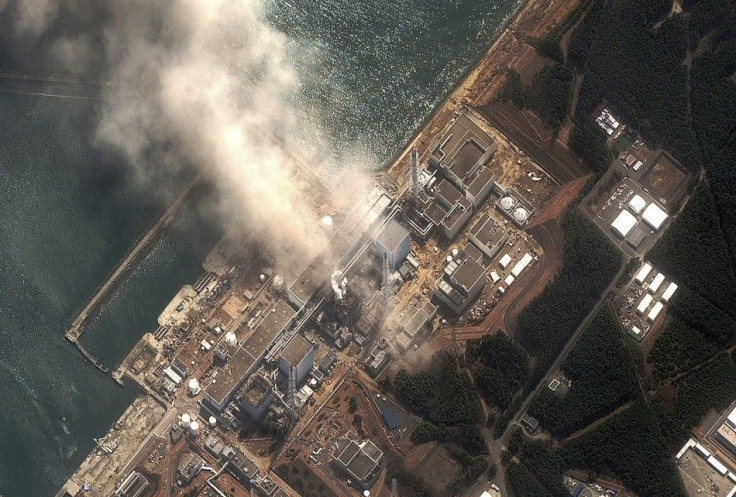Japan Nuclear Agency releases radiation ratings on Fukushima reactor

The International Nuclear and Radiological Event Scale (INES) Rating on the Events in Fukushima Dai-ichi Nuclear Power Station by the Tohoku District - off the Pacific Ocean Earthquake.
The Rating of the International Nuclear and Radiological Event Scale (INES) on the events in Fukushima Dai-ichi Nuclear Power Station (NPS), Tokyo Electric Power Co. Inc. (TEPCO), caused by the Tohoku District - off the Pacific Ocean Earthquake is temporarily assessed as Level 7, considering information obtained after March 18th.
However, the amount of discharged radioactive materials is approximately 10 percent of the Chernobyl accident which was assessed on the same level.
International Nuclear and Radiological Event Scale
INES is the rating, which International Atomic Energy Agency (IAEA) and Nuclear Energy Agency, Organization for Economic Cooperation and Development (OECD/NEA) established and proposed to the Member States in March 1992, in order to indicate the impact on safety by the individual event in a nuclear facility and so on. Japan has also utilized it since 1 August 1992.
Events in Fukushima Dai-ichi NPS, TEPCO, by the Tohoku District - off the Pacific Ocean Earthquake.
On 18 March, the ratings of the events in Fukushima Dai-ichi NPS by the Tohoku District - off the Pacific Ocean Earthquake were informed to be temporarily assessed as Level 5, considering information obtained before March 18th. However, Nuclear and Industrial Safety Agency (NISA) estimated the total amount of discharged radioactive materials from the reactors of Fukushima Dai-ichi NPS to the air, making a trial calculation using the result of analysis of the situation of the reactors and so on, which was carried out by Japan Nuclear Energy Safety Organization (JNES). This estimation resulted in the value corresponding to Level 7 of INES rating*, as listed in the following table.
* The value representing radiation impact, which is converted to the amount equivalent to 131I (Iodine), exceeds several tens of thousands of tera-becquerel (of the order of magnitude as 1016 Bq).
In addition, Nuclear Safety Commission of Japan (NSC) also estimated and announced the result of the trial calculation in the current stage regarding the total amount of discharged radioactive materials to the air, which had been being carried out in the Commission. This trial calculation is counted backward from the results of monitoring data of 131I and 137Cs (Caesium) as the total amount of the discharge from the Fukushima Dai-ichi NPS, This results in the value corresponding to Level 7 of INES rating as well.
PROCEDURES TO BE TAKEN
This information is about the result of the total amount of the discharge from Fukushima Dai-ichi NPS in the current stage. As radioactive materials are being released to the environment, NISA will continuously gather and evaluate information.
In addition, the official level of INES will be determined, considering the technical evaluation from specialist view points made by INES Evaluation Subcommittee (Chairman: Dr. Naoto Sekimura, Professor of University of Tokyo, Nuclear Professional School Engineering, Department of Nuclear Engineering and Management), which set up in the Nuclear and Industrial Safety Subcommittee of the Advisory Committee for Natural Resources and Energy, after the recurrence prevention measures are confirmed based on the concrete causes found.
© Copyright IBTimes 2024. All rights reserved.





















